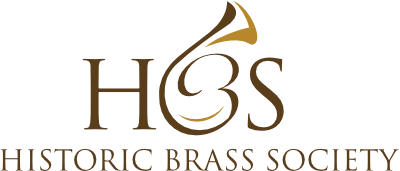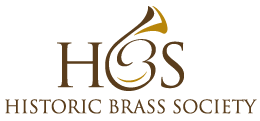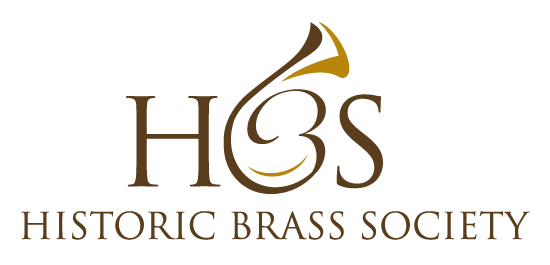
King Oliver. Off the Record: The Complete 1923 Jazz Band Recordings. Archeophone Records. 37 fresh transfers from the original discs on 2 CDs by Doug Benson. CD notes by David Sager. Archeophone Records. ARCH OTR-MM6-C2.
Jazz fans and scholars owe a great debt of thanks to David Sager and Doug Benson for bringing out this outstanding and important collection of the complete 1923 recordings of Joe "King" Oliver's band. The core personnel on these records includes: Joe Oliver, Louis Armstrong, cornets; Honore Dutrey, trombone; Johnny Dodds, clarinet; Lillian Hardin, piano; Bill Johnson, banjo; Baby Dobbs, drums. Additional personnel changes and instrument changes include: Bill Johnson, vocal; Louis Armstrong, slide whistle; Bud Scott, banjo; "Stump" Evans, C melody saxophone; Johhny St. Cyr, banjo; Charlie Jackson, bass saxophone; Ed Atkins, trombone; Jimmie Noone, clarinet; Buster Bailey, clarinet.
Those who heard David Sager present his lecture at the HBS Early Brass Festival in New Orleans were treated to his deep insight into the repertoire and performance practice of this wonderful early style of jazz. These fresh transfers to CD from the original recordings gives us the opportunity to hear the music in a much cleaner and audible fashion. With these new auditory presentations, David Sager, with his big ears and keen understanding of the music clues us into new insights regarding this important music. One fascinating comment he made in his lecture concerned the harmonizations that Armstrong played over Oliver's solos, long assumed to Louis's spontaneous, almost magical, connection to his mentor's musical thinking. These clearer recordings allowed Sager to hear Oliver quote snippets of a music phrase that will start off his solo a bar or two to follow. That these occur numerous times, Sager deduced that these tiny phrases are a sort of musical reminder to Armstrong which of Oliver's solos is coming up, thus getting him ready to harmonize the solo. Sager also reexamines the playing style of trombonist Honore Dutrey. Previously thought to be a somewhat primitive player, Sager offers a new interpretation to his performance style and how it led to future musical developments by other brass players. Sager's extensive notes to this CD set is full of his extraordinary insight into the music. Pointing out that Louis Armstrong's first recorded solo is on "Chimes Blues," there was a repositioning of the horns to accommodate a piano solo on "I'm Going Away to Wear you off My Mind," identifying numerous tunes quoted on various solos, strains of certain tunes were later reworked into other compositions, previously thought single line solos are actually Armstrong and Oliver duets, are just a few of the explanations Sager gives in his notes.
Sager's interpretations along with the more refined and audible 37 selections from the King Oliver 1923 recordings, invite a new understanding of this music. This group was Louis Armstrong's Berkeley School of Music, New School, and Juilliard jazz programs all rolled into one. That Armstrong become arguably America's greatest and most important musician, having a new look into his early musical activities is fundamentally important for our understanding of jazz and American music.
-- Jeffrey Nussbaum



